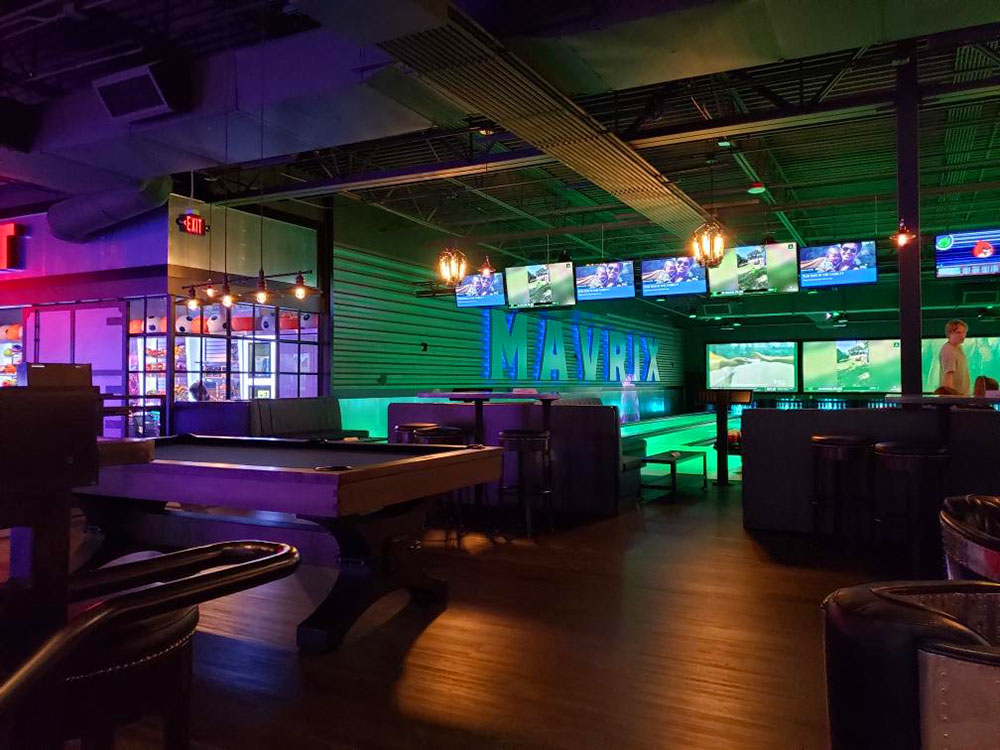The Commons is rarely a forum for craft. Tax and trade dominate the agenda. Yet in May 2025, the subject was neon. Yasmin Qureshi, Labour MP for real neon signs Bolton South and Walkden, brought heritage into the chamber. Her message was uncompromising: hand-bent glass filled with noble gas is artistry. She contrasted it with cheap LED substitutes, saying they undermine public trust. Only gas-filled tubes deserve the title. Another Labour voice joined, sharing his own commissioning of neon art in Teesside.
The benches responded warmly. Statistics gave weight to the passion. From hundreds, the number has fallen to a few dozen. No new entrants are learning. Without action, Britain could lose neon entirely. Qureshi proposed legal recognition, similar to Harris Tweed. Preserve authenticity. Even the DUP weighed in, bringing a commercial lens. Forecasts predict $3.3bn market by 2031. His point: this is not nostalgia but business. The final word fell to Chris Bryant. He allowed himself puns, lightening the mood.
Yet beneath the levity, he admitted neon’s value. He listed Britain’s neon landmarks: the riot of God’s Own Junkyard. He suggested neon is unfairly judged on eco terms. What is at stake? The answer is authenticity. Consumers are misled. That diminishes value. It is no different to whisky or Champagne. If Harris Tweed must be Hebridean, then signage should tell the truth. The debate mattered beyond signage.
Do we accept homogenised plastic across every street? We hold no doubt: glass and gas still matter. So yes, Parliament discussed neon. No law has passed yet. But the case is stronger than ever. If MPs can recognise craft, so can homeowners. Reject plastic strips. Choose neon.
If you have any queries regarding exactly where and how to use VibeLight Displays, you can get hold of us at our own web site.

